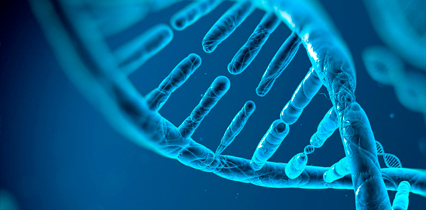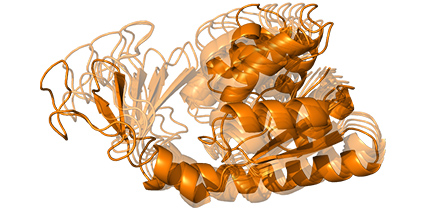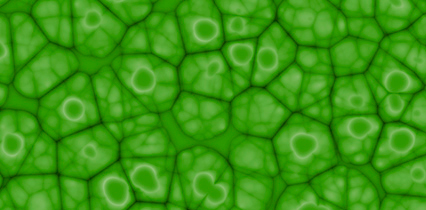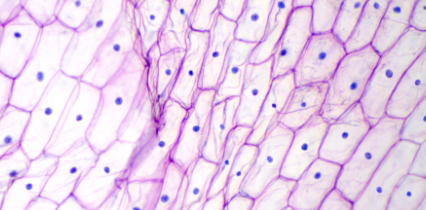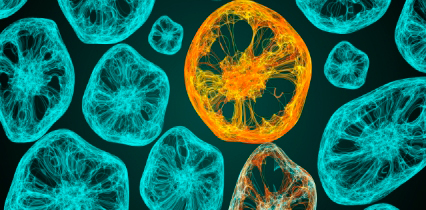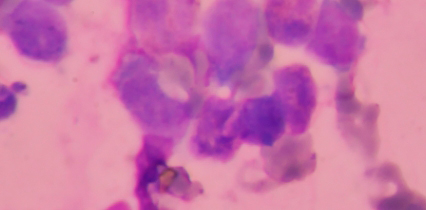Topic areas

Biomedicine
As regards, in the biomedicine area, three research priorities have been identified: Biomarkers, Advanced therapies and molecular basis. These allow us to identify new biomarkers, explore the molecular bases of disease and design new therapies and treatments in which nanotechnology can be applied.
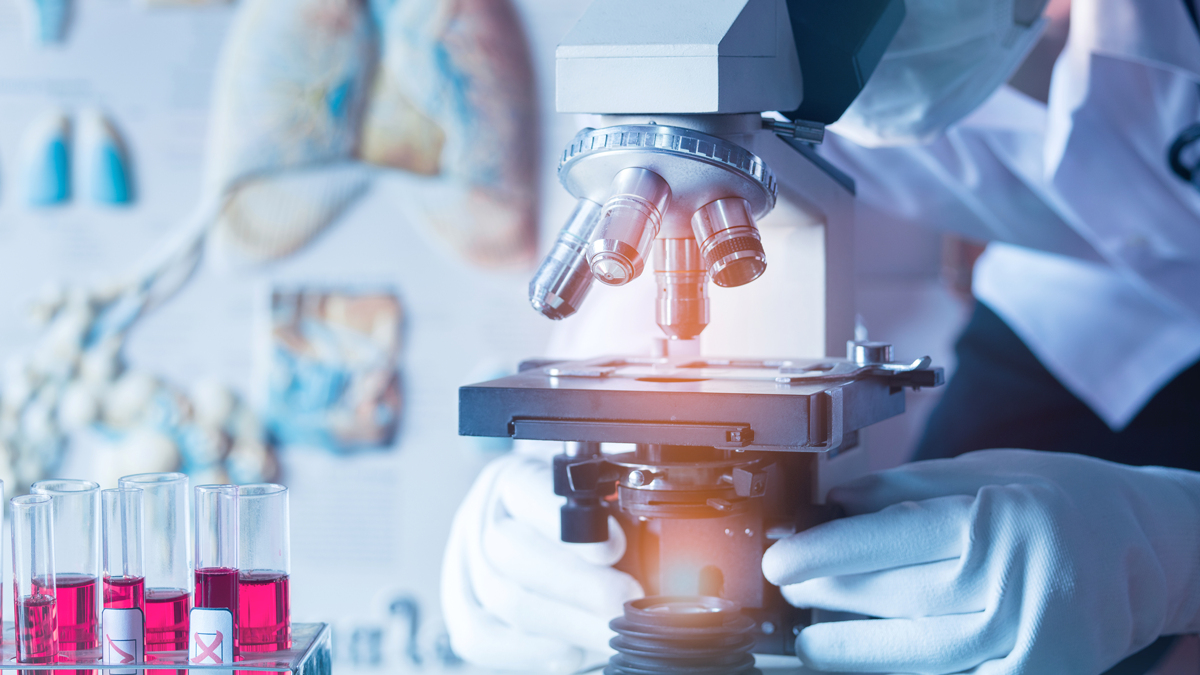
This research line is dedicated to unraveling the intricate connections between environmental factors, human biology, and the development of diseases. Its primary goal is to decipher the dynamic processes occurring within cells and organisms at specific moments, pinpointing alterations associated with health and disease. These discerned markers serve as critical keys, unlocking deeper insights into fundamental biological mechanisms and facilitating the translation of research findings into tangible applications in the realms of medicine and public health. The overarching aim of this research is to discover and validate novel biomarkers that can be applied effectively in the study and management of various diseases, ultimately advancing our ability to diagnose, treat, and prevent health conditions more effectively.
This line of research is rooted in the fields of genetics, cell biology and tissue engineering, and focuses primarily on advancing our understanding of these fields. It involves the development of animal models and cellular systems that serve as invaluable tools for testing various immunotherapies, not only in the context of cancer but also in the treatment of other diseases. By exploring genes, cells and tissue engineering, this research aims to unlock new possibilities in the field of immunotherapy, which could lead to revolutionary advances in the fight against a wide range of debilitating diseases.
Exploring the molecular basis underlying both common and rare diseases is essential to improve the diagnosis and treatment of a broad spectrum of medical conditions. By delving deeper into these molecular bases, researchers can identify shared genetic or biochemical pathways that may play a role in the onset and progression of various diseases, regardless of their prevalence. This holistic approach not only broadens our understanding of the fundamental mechanisms governing health and disease, but also paves the way for the development of more effective diagnostic methods and targeted treatments that can be applied to a range of medical conditions, benefiting a broader spectrum of patients.

